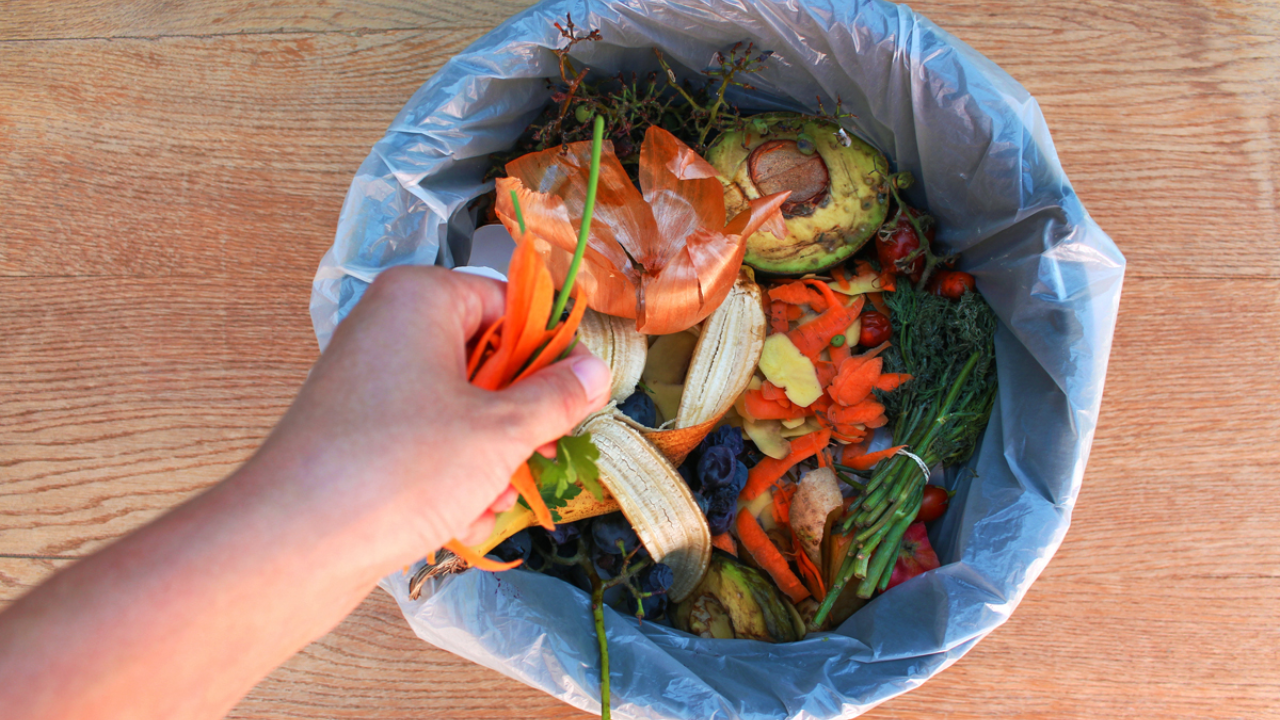The Wisconsin Department of Natural Resources (DNR) is encouraging residents to take part in Food Waste Prevention Week from April 7-13 by following simple steps to reduce food waste, save money, and keep unnecessary waste out of Wisconsin landfills.
A 2020-2021 statewide waste study by the DNR revealed that food waste is the largest portion of trash in Wisconsin.
Edible food that gets thrown away due to spoilage or other reasons, along with food scraps like banana peels, accounted for about 854,000 tons of waste in 2020—roughly 294 pounds per person.
When food waste decomposes in landfills, it releases methane, a greenhouse gas that contributes to climate change.
Households are a major contributor, with food waste making up 30% of residential trash. A 2020 Penn State University study found that the average household loses about $1,866 per year on discarded food.
“By preventing food waste, Wisconsinites can make a real difference for the environment while cutting down on grocery expenses,” said Kate Strom Hiorns, director of the DNR’s Waste and Materials Management Program.
“Food Waste Prevention Week is a great reminder to be mindful of the food we throw away.”
Here are some ways to reduce food waste at home:
- Know the difference between food safety and quality labels. Date labels on food (except for infant formula) are not federally regulated and mainly indicate peak quality, not safety. The U.S. Department of Agriculture advises checking food visually and using a smell test to determine if it’s still good to eat.
- Plan your shopping and meal prep. Buying more food than needed often leads to waste. Taking inventory of what you have, planning meals, and using detailed shopping lists can help. For gatherings, Save the Food’s free portion planner, The Guest-imator, can estimate how much food is needed. Keep containers handy for guests to take home leftovers.
- Store food properly to make it last longer. Good storage habits can prevent spoilage and reduce unnecessary grocery trips. Save the Food’s Store It Guide offers tips on organizing your fridge and keeping food fresh longer.
- Freeze before tossing. Freezing leftovers and extra ingredients helps preserve them for later. Eggs can be removed from shells and frozen, while vegetable scraps, meat, and bones can be saved for soup stock.
For more tips, visit the DNR’s Reducing Food Waste at Home webpage.
Disclaimer- Our team has thoroughly fact-checked this article to ensure its accuracy and maintain its credibility. We are committed to providing honest and reliable content for our readers.






